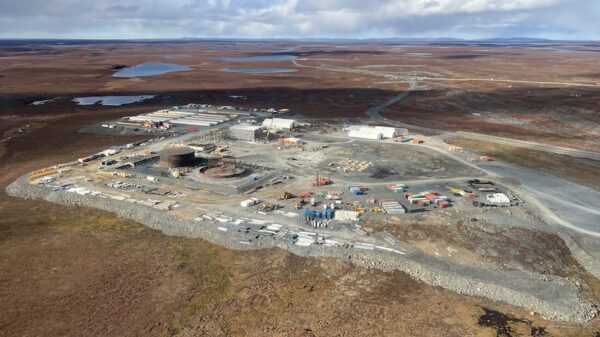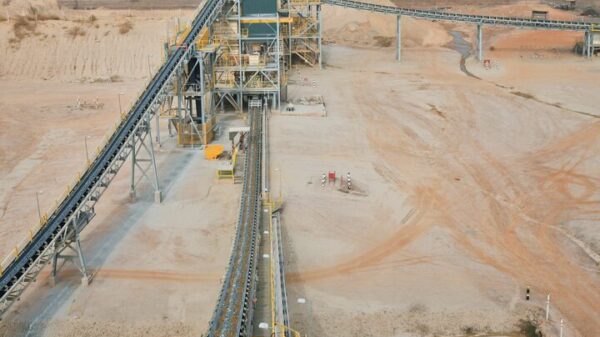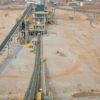The Canadian government and Australian mining giant Rio Tinto (NYSE: RIO) (ASX: RIO) (LON: RIO) have inked an agreement to help accelerate Canada’s production of low-carbon aluminum.
As part of the memorandum of understanding (MoU) announced on Monday, Rio Tinto will be investing $1.4 billion to expand its aluminum smelter at the Complexe Jonquière in Saguenay, Quebec. The government of Quebec will be investing up to $150 million to help Rio Tinto complete the project.
According to the government, the metal produced as a result will be the world’s greenest aluminum and the 2.5 years of construction involved in the site’s expansion will create 1,000 temporary jobs and 100 permanent jobs upon completion. The aluminum refinery utilizes the company’s proprietary AP60 electrolysis technology developed in France for low-carbon emissions.
The new and improved smelter will increase annual aluminum production by 160,000 tonnes for a total capacity of 220,000 tonnes per annum — enough for 400,000 electric vehicles. The smelter is expected to be operating at full capacity by 2026.
Rio Tinto says the AP 60 technology combined with the use of hydropower at the company’s Canadian operations generates one-seventh of the emissions produced on average by other aluminum industry operators.

Complexe Jonquière in Saguenay, Quebec
Read more: New Gold and Rio Tinto mines win Towards Sustainable Mining Excellence awards for 2023
Read more: Car maker Stellantis and Rio Tinto invest in McEwen Copper Argentinian mine
Investment in Rio Tinto isn’t Canada’s first
The news follows Canada’s government investing $20 million in the ELYSIS Limited Partnership in 2021, a joint venture between Rio Tinto and Washington’s aluminum producer Alcoa. The government says the JV project could potentially completely eliminate Canada’s aluminum smelting carbon footprint upon completion and that the technology will be implemented across Rio Tinto’s Canadian aluminum operations.
It also follows the government announcing last fall that it would be investing up to $222 million in Rio Tinto’s iron and titanium mine to help advance the company’s BlueSmelting decarbonization technology and secure a sustainable supply of critical minerals needed for electric vehicles and other manufacturing applications.
“This is the most significant investment in the aluminum sector for more than a decade and it will further strengthen Rio Tinto’s high-quality and low-carbon offering to our customers as they also work to reduce their own carbon footprint,” said Rio Tinto’s CEO Jakob Stausholm, adding that he thanked the governments of Canada and Quebec for their support with the project.
“Today marks an important milestone: the first major aluminum production project in North America in over a decade. This announcement brings us one step closer to the deployment of the first ELYSIS pots, which will make Quebec the leader in greenhouse gas-free aluminum production,” said Quebec’s Minister of Economy, Innovation and Energy Pierre Fitzgibbon.
Rio Tinto also announced Monday that it had signed another MoU in Shanghai with China Baowu, a Chinese state-owned iron and steel company, to jointly advance a series of decarbonization projects.
Rio Tinto shares rose by 0.51 per cent Monday to C$103.45 on the Australian Securities Exchange.
rowan@mugglehead.com














